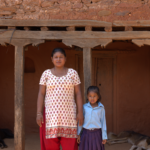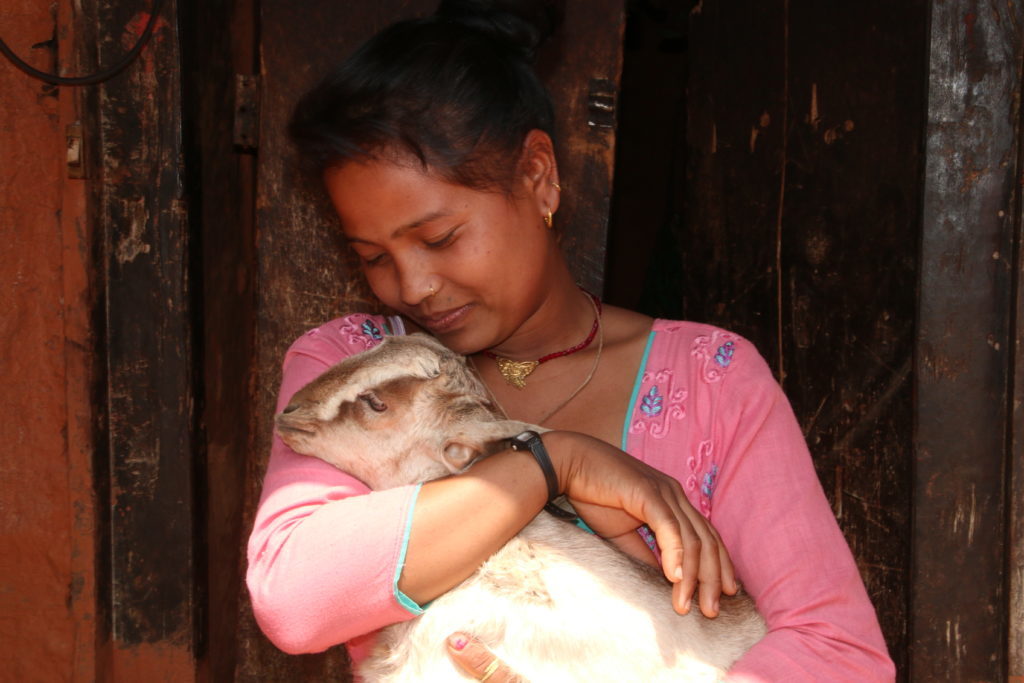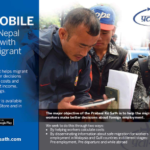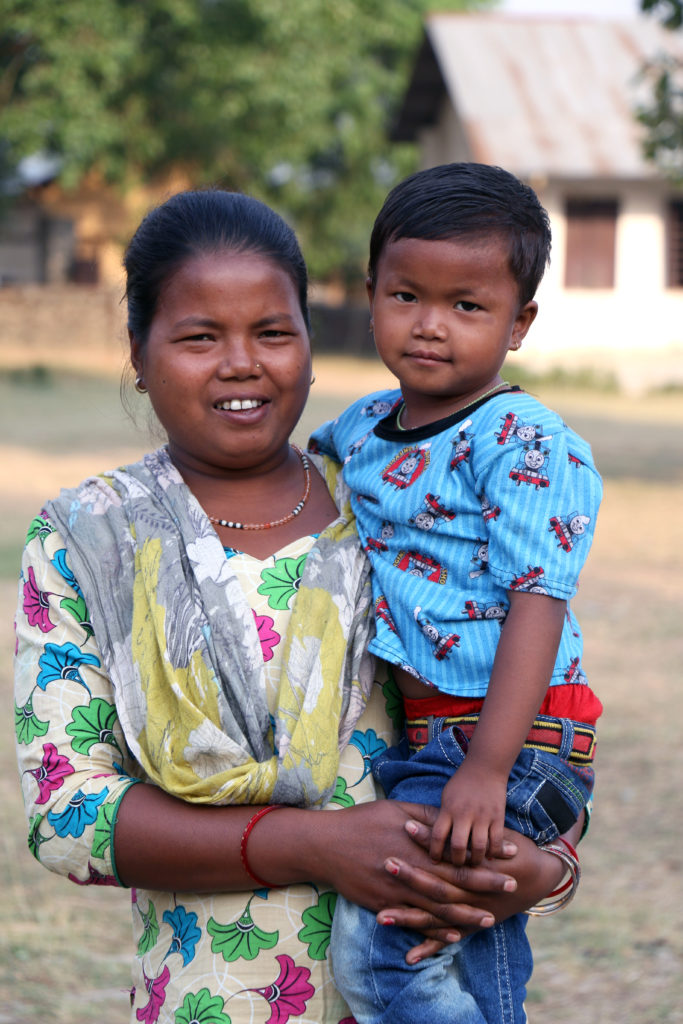
Through a decade of sustained engagement with brick factory laborers, World Education has emerged as a leader in Nepal in combating exploitation in brick factories and has developed a proven, holistic model for expanding economic opportunity for financially insecure communities. The Building Better Futures initiative’s first and second phases built on past interventions that demonstrated substantial impact in reducing vulnerability to exploitative labor. World Education’s multidimensional strategy focused on imparting education, diversifying livelihoods and building the capacities of communities to be resilient in the face of financial shocks and natural disasters.
This publication presents the challenges created by exploitative labor practices in Nepal’s brick factories and World Education’s efforts to develop a successful model for mitigating the adverse impacts through the Building Better Futures initiative under the Naya Bato Naya Paila project. For a description of our approach as well as the outcomes from the first and second phases of the Building Better Futures initiative, read our brief:

World Education helped Sharadha transition back to school from her job in a brick factory. Now she is in grade seven, and hopes to become a nurse.
Each year, Nepal’s brick factories produce more than 5 million bricks – a number that has ballooned to enable reconstruction projects following the April 2015 earthquake. Increasing numbers of men, women and children find themselves in inescapable indebtedness, borrowing money to make ends meet in the immediate term in exchange for future work.
World Education Nepal’s Building Better Futures Initiative supports brick factory workers to break cycles of exploitative labor and overcome the oppressive conditions of intense manual labor and mistreatment they often experience. Using a holistic approach, World Education Nepal educates brick workers’ children, expands livelihood options and provides financial services to empower families to pursue new options for income generation. The Building Better Futures Initiative holds livelihood trainings and school enrollment so that hundreds of people like Shanti and Sharadha, whose stories you can read in this World Education photo story, are not resigned to a fate of dangerous labor in the brick factories. Join us in celebrating their achievements.

Prabasi Ko Saath (प्रवासीको साथ) is a mobile app that helps migrant workers make better decisions about foreign employment. The app provides migrant workers tools to calculate costs, expenses and savings while working abroad. In addition, it shares resources about safe migration practices during each state of migration: pre-employment, pre-departure and abroad.
Download the app at www.prabasikosaath.com
प्रवासीको साथको मुख्य उद्धेश्य वैदेशिक रोजगारीका सम्बन्धमा कामदारहरुलाई प्रभावकारी निर्णय गर्नमा सहयोग गर्नु हो ।
यो दुइ तरिकाले गर्न खोजिएको छ :
कामदारहरुलाई खर्च विवरण सम्बन्धि हिसाव गर्न सहयोग गरेर ।
वैदेशिक रोजगारका लागि मलेसिया र खाडि मुलुकहरुमा जाने कामदारहरुको विविध तीन चरणहरुमा आवश्यक सुरक्षित बसाइसराई सम्बन्धी जानकारी प्रदान गरेरः विदेश जाने तयारीमा, प्रस्थान गर्नु अघि, विदेशमा हुँदा ।
डाउनलोड गर्नुहोस् : http://www.prabasikosath.com/nepali.html
When Dikchhaya was a girl, she was forced to drop out of school because her parents could not afford her school fees. She entered a life of bonded labor, and then fought as a soldier during the armed conflict in Nepal. After the war, she struggled to earn enough money to feed her family and could not pay for her daughter to go to school.
Dikchhaya wants her daughter Liza to have a better life than she did.
World Education is working in Dikchhaya’s community to improve the overall quality of education, involve mothers in their children’s learning, and help mothers start small businesses to support their families. Dikchhaya joined a World Education mother’s group where she learned basic education and entrepreneurship skills. She took out a loan through the program to open her own small shop, selling snacks and supplies near a school, and pays Liza’s school fees with the income.
Now that Dikchhaya can afford to send Liza to school regularly, Liza’s grades are improving and she is learning to read. World Education also works with teachers, school management, and local governments to improve the quality of education for Liza and other students in Nepal. Liza and Dikchhaya are just two of the more than 120,000 Nepalese children and adults who benefited directly from World Education’s comprehensive learning programs in 2016.

